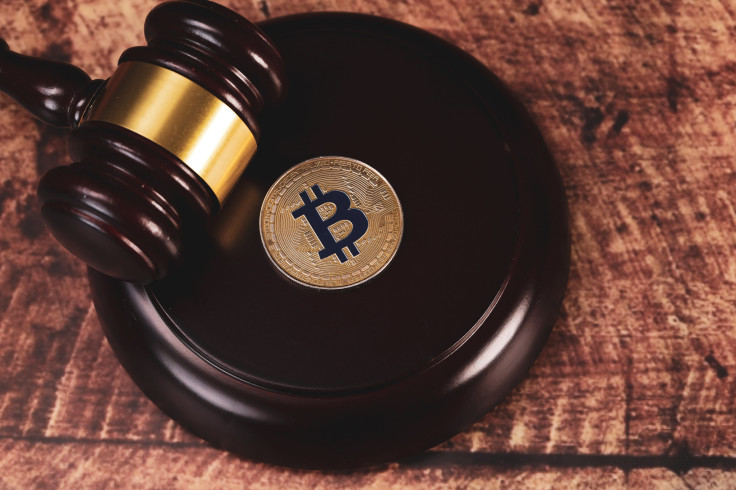
KEY POINTS
- Cuban said he wants crypto firms to be "fully regulated" like other financial institutions
- However, he argued that the Howey Test is not applicable to all every situation
- Cuban is just one of a long list of people criticizing SEC over its regulatory approach on crypto sector
Businessman and prominent investor Mark Cuban on Monday criticized the U.S. Securities and Exchange Commission (SEC) for its approach toward regulating cryptocurrencies using a "one size fits all" method.
Cuban was responding to a user on X (formerly Twitter) who initiated a discussion regarding crypto regulations in the U.S. The billionaire said he would like to see "crypto finance as fully regulated as current institutions" as he believes it will create trust. However, the SEC has been bringing up the Howey Test as a key foundation of its regulatory view in terms of the digital assets sector. "The SEC wants one size fits all. Howey is everything and everything is Howey," he argued.
Now you are limiting it to regulated finance. Different conversation.
— Mark Cuban (@mcuban) May 12, 2024
I want crypto finance as fully regulated as current institutions. That creates trust and a public blockchain should be easier to regulate than what we face now, late filings, audits that are not very good,…
The Howey Test states that a financial transaction is an investment contract if it is an investment of money, the investor expects profits, the investment is under a common enterprise, and profits are realized through the efforts of a third-party or a promoter.
On the issue of why there needs to be new financial regulation that caters to the digital assets space, Cuban noted that current regulations "bleed over into non financial applications."
The commenter also asked what Cuban thinks "crypto uniquely offers the world of a regulated finance that couldn't be better delivered on top of a database." Cuban provided several answers, including that crypto offers competition "on speed and price" to the regulated finance industry.
Furthermore, digital assets offer "immediate global access" to unbanked individuals, he said, adding that crypto also offers tokenization and "streamed, real time payments to workers."
The discussion between Cuban and the commenter also delved into the topic of Japanese and U.S. securities regulations. The commenter pointed out that Japan was infamously "home to Mt. Gox, which is the OG failed exchange that lost everyone's holdings!"
Cuban responded that Japan's regulatory circle learned from the Mt. Gox – one of the early crypto exchanges that broke down following multiple security breaches – collapse then went on to "renovate" their regulations to ensure that Japanese investors aren't affected should a similar incident in the crypto sector take place again. The SEC, on the other hand, didn't learn anything from the crypto exchange's fall, Cuban said. "They are still so stupid they think the mere process of registration protects investors," he said.
Cuban, the former principal owner of the National Basketball Association's (NBA) Dallas Mavericks, joins a long list of prominent figures who have called out the SEC for a change in its regulatory approach.
A lawyer has said it appears the SEC is using its Wells process as a "scare tactic" following succeeding Wells Notices served to some of the space's prominent players, while several lawmakers criticized the Wall Street regulator for its "regulatory dishonesty" over its ongoing scuffle with blockchain software tech firm Consensys.







